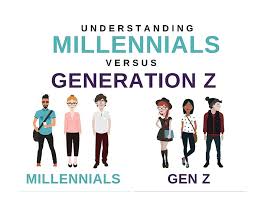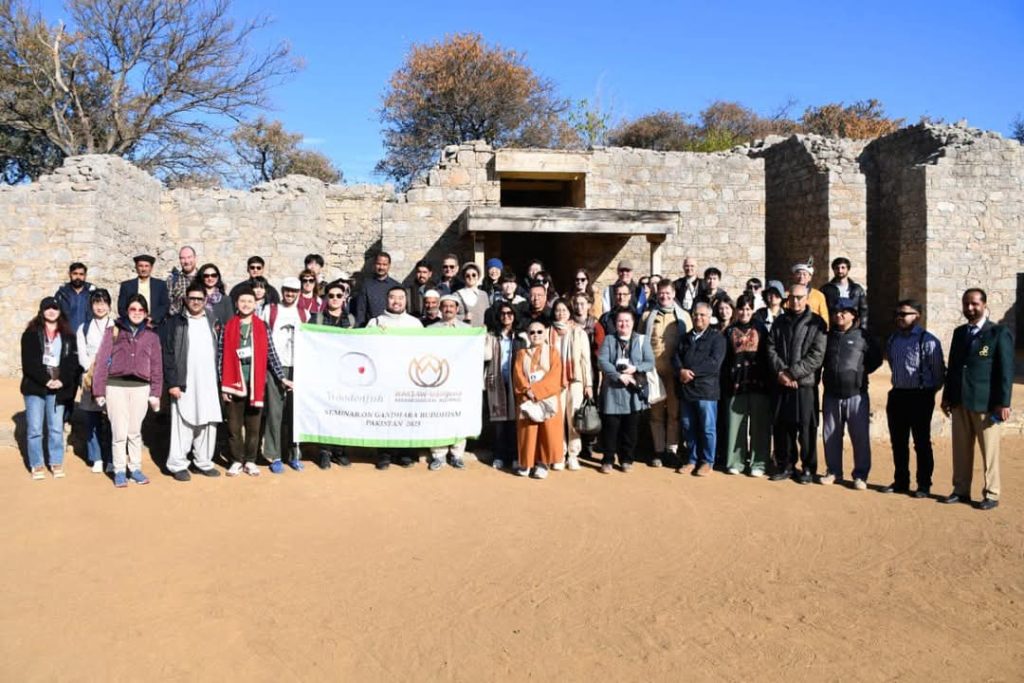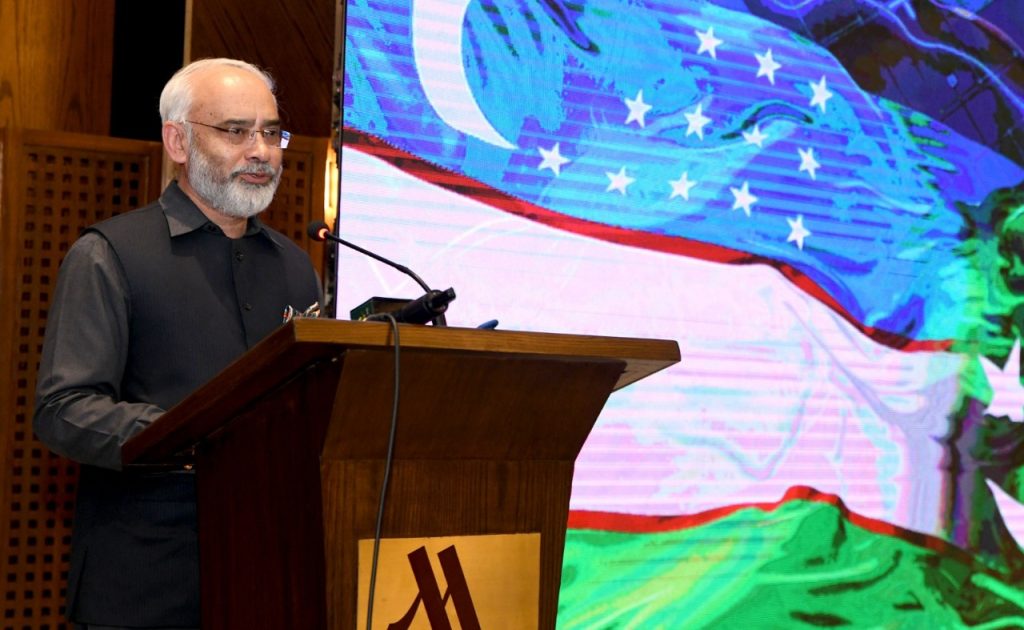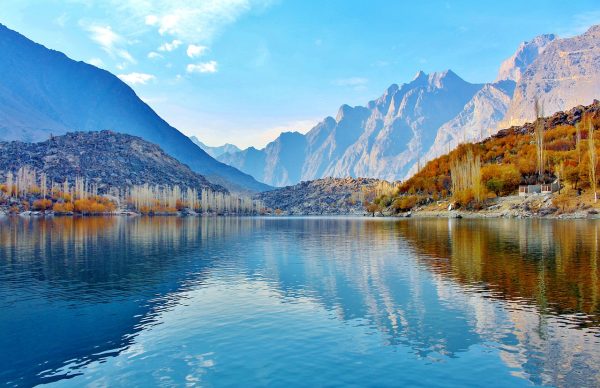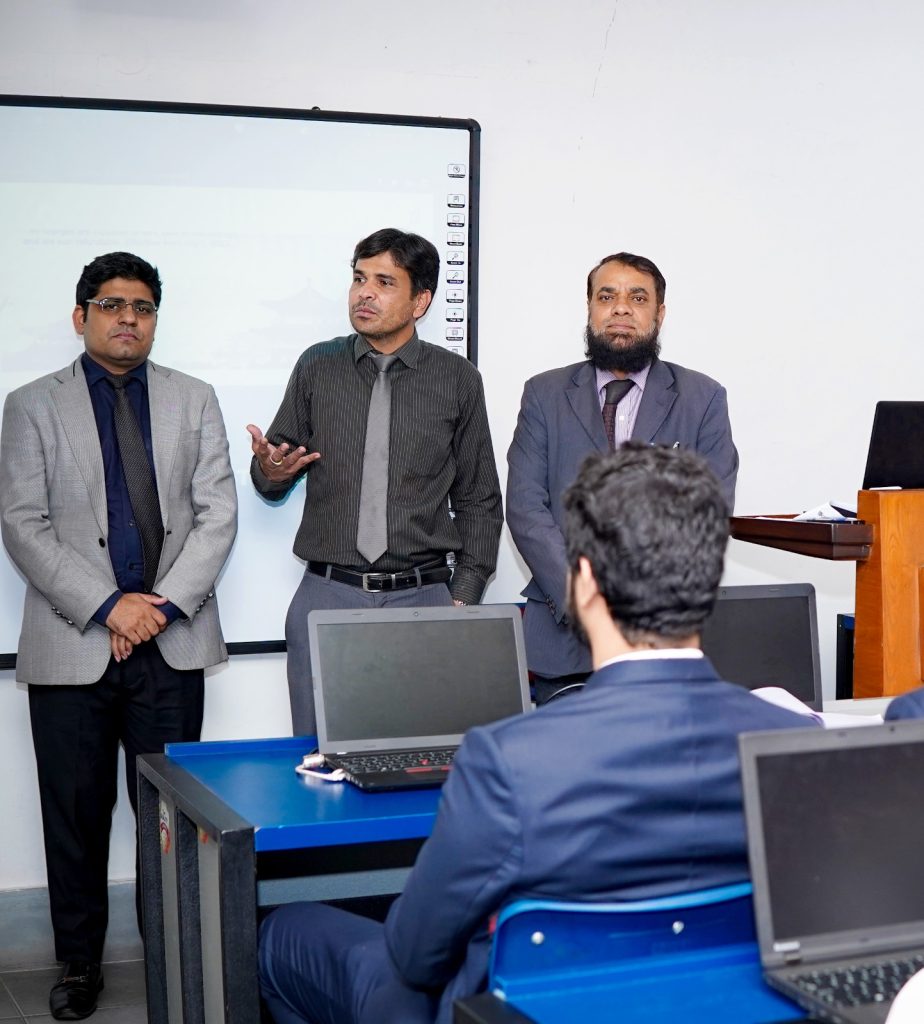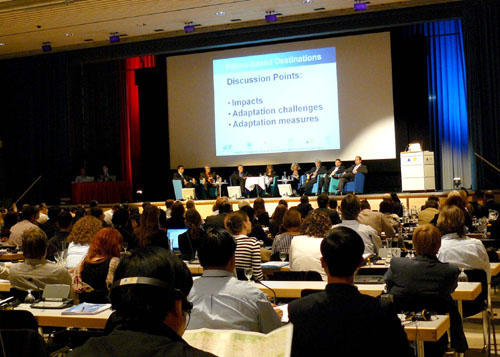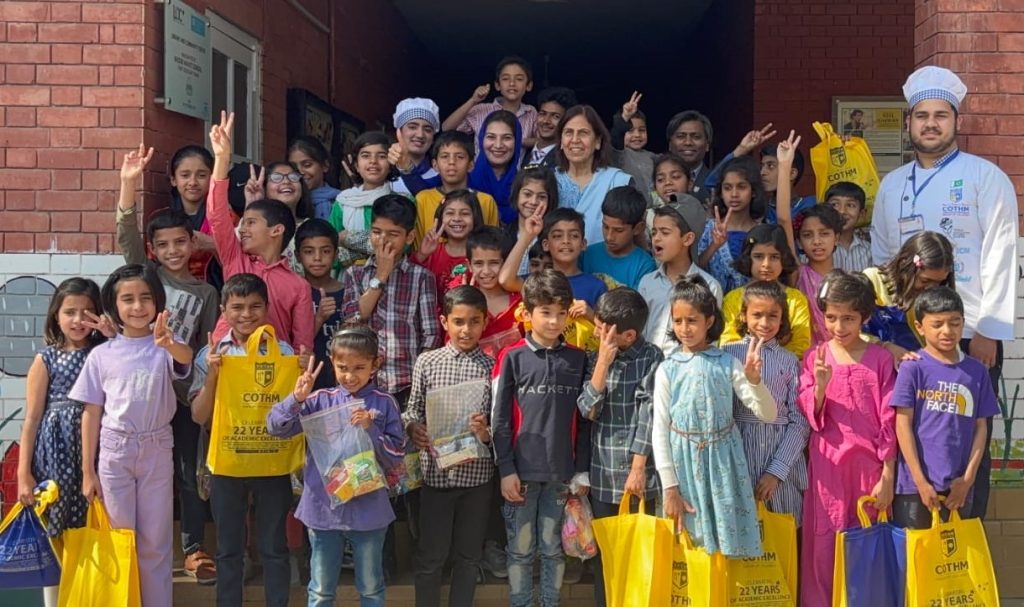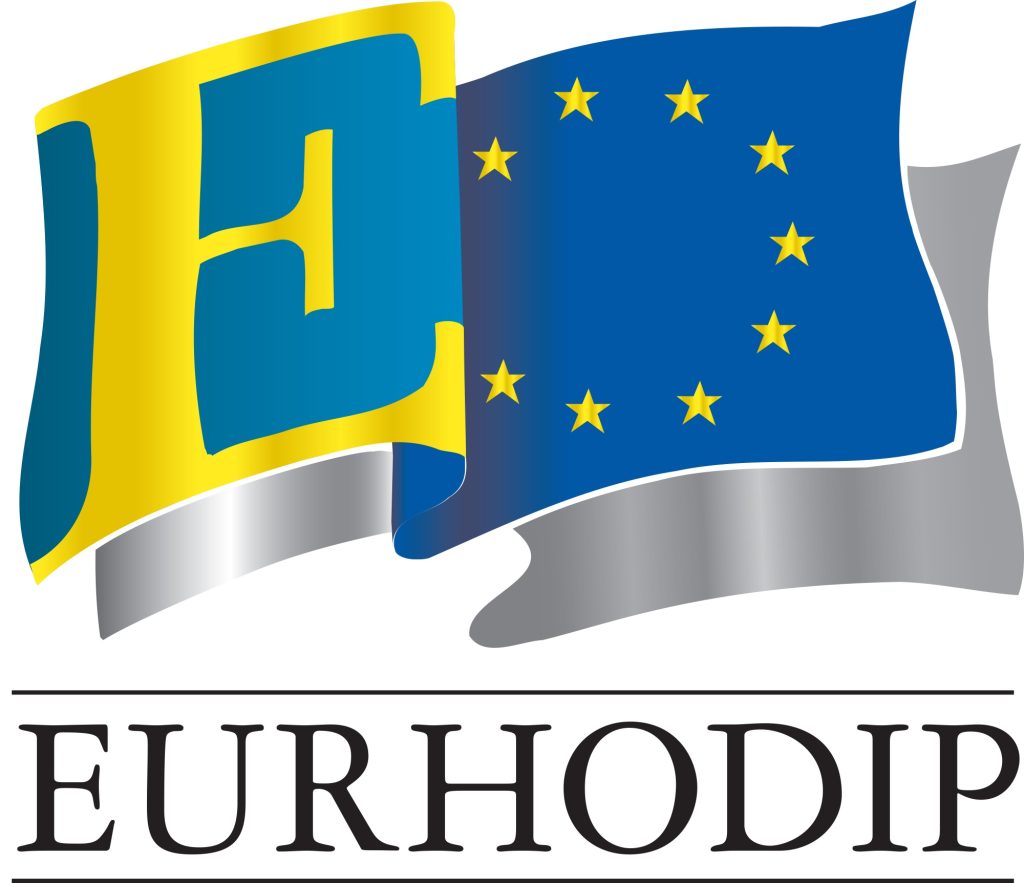In recent years, Pakistan has witnessed a significant shift in its tourism landscape, largely influenced by the preferences of Millennials and Gen Z travelers. These generations, born between the early 1980s and the mid-2000s, are reshaping the way travel is experienced and perceived. Understanding their preferences is essential for the hospitality and tourism industry in Pakistan to effectively cater to this burgeoning market segment.
One notable trend among Millennials and Gen Z travelers is their inclination towards experiential travel over traditional sightseeing. They seek authentic and immersive experiences that allow them to engage with local culture, cuisine, and communities. In Pakistan, this translates into a growing interest in off-the-beaten-path destinations such as Hunza Valley, Skardu, and Neelum Valley, where travelers can explore stunning landscapes, interact with Indigenous communities, and participate in cultural activities like traditional festivals and handicraft workshops.
Moreover, adventure tourism is gaining traction among young travelers in Pakistan. Activities such as trekking, mountaineering, paragliding, and whitewater rafting are increasingly popular, particularly in regions like Gilgit-Baltistan and Khyber Pakhtunkhwa. These destinations offer adrenaline-pumping experiences amidst breathtaking natural scenery, catering to the adventurous spirit of Millennials and Gen Z.
The rise of social media has also played a pivotal role in shaping travel trends among younger generations. Platforms like Instagram, TikTok, and YouTube serve as powerful tools for inspiration and discovery, allowing travelers to share their experiences and seek recommendations from peers. In Pakistan, picturesque locations such as Fairy Meadows, Shangrila Resort, and Ratti Gali Lake have gained popularity as “Instagrammable” destinations, drawing droves of young travelers eager to capture and share their adventures online.
Furthermore, Millennials and Gen Z travelers prioritize sustainability and responsible tourism practices. They are increasingly conscious of their environmental and social impact and seek out eco-friendly accommodation options, locally sourced cuisine, and tours that support community development initiatives. In Pakistan, initiatives promoting sustainable tourism, such as eco-lodges in remote areas and conservation projects aimed at preserving natural habitats, resonate with environmentally conscious travelers seeking meaningful and responsible travel experiences.
Another significant trend is the demand for unique and personalized travel experiences. Millennials and Gen Z value authenticity and individuality, preferring customized itineraries that cater to their specific interests and preferences. This has led to the rise of niche travel experiences in Pakistan, including culinary tours, cultural immersion programs, and voluntourism opportunities. Tour operators and hospitality providers are responding by offering tailor-made packages that cater to the diverse interests of young travelers.
Moreover, technology plays a crucial role in shaping the travel experiences of Millennials and Gen Z. From mobile apps for booking accommodations and transportation to virtual reality tours and digital guidebooks, technology-driven solutions are revolutionizing the way travelers plan, book, and experience their trips. In Pakistan, the availability of reliable internet connectivity and smartphone penetration has facilitated seamless travel experiences, enabling travelers to navigate unfamiliar destinations, access real-time information, and connect with fellow travelers effortlessly.
In conclusion, Millennials and Gen Z are driving significant changes in the tourism landscape of Pakistan. Their preferences for experiential, adventure-based, sustainable, and personalized travel experiences are reshaping the industry and presenting new opportunities for growth and innovation. By understanding and catering to the needs and preferences of these younger generations, the hospitality and tourism sector in Pakistan can thrive in the evolving travel market.

